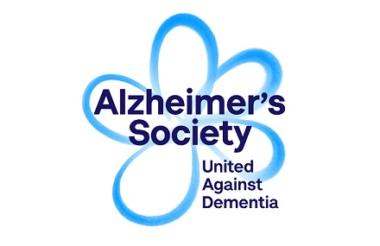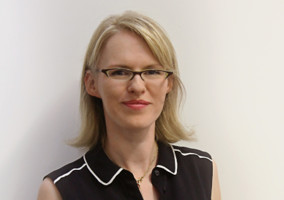The Alzheimer's Society’s Accelerator Programme, which invests in innovations designed to improve the lives of people affected by dementia, has been a great success although there remains a need to “actively move to a less risky model”, the manager of the scheme has said.
Speaking at Civil Society Media's Charity Technology Conference, innovation programme manager Simon Lord said it was positive that charities are having a “push towards open innovation”, but that there had been “good and bad” aspects of his charity's programme.
The programme offers a 12-month partnership, bespoke business support, and investment up to the value of £100,000 for any single idea. It also offers an “innovation buddy” from the charity and connections to people with lived experience of dementia.
The programme has been running for six months so far. The first round received 48 applications, of which 26 were taken forward, five were shortlisted and two were chosen for investment.
Lord said the Alzheimer's Society as a whole has benefited from the programme because the projects are “exciting for audiences to engage with”, and “much more tangible” than research.
“Here there are tangible products which people can understand and they can see the benefits that they would have to people in their lives,” he said.
He added that the programme has “dramatically reduced” the amount of time that the chosen products could have been expected to reach the market.
“We provide a direct line to the target audience they are looking to promote the product with,” he said. “Our other key strength, unsurprisingly, has been facilitating the testing with those living with and affected by dementia.”
‘Betting big’ comes with risk attached
However, Lord said the charity has “identified a number of weaknesses in the programme”, mainly related to the “risky” elements of the scheme and its structure.
“We offer a high level of financial investment, but we cannot match more established accelerator programmes in terms of business support. The team has an entrepreneurial spirit but not necessarily any entrepreneurial experience,” he explained.
“We are a team that is set up to develop products but not necessarily sell products,” he added.
Additionally, he said: “We have bet really big on two ideas and we have done that with charity money. That is risky and there is no guarantee that they will succeed.”
The charity can recoup its investment through a revenue sharing model if the products get to market and do well, but Lord said that working in innovation, “we know that things fail”. Although the judging process looks at whether the product is likely to be accessible to a wide audience, Lord said “we are not ultimately responsible for those products going forward, so there is definitely a risk there”.
He added: “We are hopeful that these two in particular will succeed, because we have seen a lot of evidence that so far things are on track.” However, he said the charity “needs to quite actively move to a less risky model”, so “that is what we are focused on”.
Lord said the programme has been “really nicely set up in a lot of ways”, but that “we would look to develop much better commercial terms” for the next round, “such that if one of them fails they other might be able to help us”.
Winning entries
The winners of the first round were Jelly Drops and How Do I, which both were allocated the maximum £100,000.
The jelly drops are designed to hydrate those living with dementia, who often experience dehydration. How Do I is an app which links stickers that are placed on objects around the home with videos of people performing a task, in order to assist those with dementia in performing that task.
“These products were in different stages of readiness when they applied,” said Lord. Jelly Drops already had investors, but the team were developing every batch in their own kitchen, whereas How Do I was already set up for those with learning disabilities, but needed connections with those with lived experience of dementia.
Jelly Drops has conducted a series of care home trials and How Do I is using the charity's “voice groups” to connect with people with lived experience of dementia.
Lord said the charity is “relatively flexible” with its funding. The financial investment is normally given quarterly, but Jelly Drops “steamed ahead to such a degree” that they have their own factory, so the charity “unlocked the rest of the funding” because “that is the quickest way for them to get to market”.
|
Related articles












